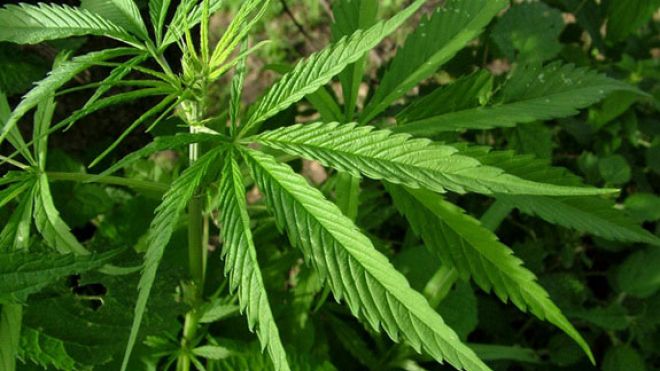
The outlawing of drugs such as cannabis, magic mushrooms and other psychoactive substances amounts to scientific censorship and is hampering research into potentially important medicinal uses, leading scientists argued on Wednesday. Laws and international conventions dating back to the 1960s have set back research in key areas such as consciousness by decades, they argued in the journal Nature Reviews Neuroscience. “The decision to outlaw these drugs was based on their perceived dangers, but in many cases the harms have been overstated,” said David Nutt, a professor of neuropsychopharmacology at Imperial College London. In a statement accompanying the Nature Reviews paper, he said the laws amounted “to the worst case of scientific censorship since the Catholic Church banned the works of Copernicus and Galileo”. “The laws have never been updated despite scientific advances and growing evidence that many of these drugs are relatively safe. And there appears to be no way for the international community to make such changes,” he said. “This hindering of research and therapy is motivated by politics, not science.” Nutt and Leslie King, both former British government drugs advisers, and co-author David Nichols of the University of North Carolina, called for the use of psychoactive drugs in research to be exempted from severe restrictions. “If we adopted a more rational approach to drug regulation, it would empower researchers to make advances in the study of consciousness and brain mechanisms of psychosis, and could lead to major treatment innovations in areas such as depression and PTSD,” Nutt said. Nutt was sacked as a government adviser in 2009 after publicly criticizing the government for ignoring scientific advice on cannabis and ecstasy. He has conducted a small human trial using psilocybin, the psychedelic ingredient in magic mushrooms. His study, using volunteers, suggested the drug had the potential to alleviate severe forms of depression in people who did not respond to other treatments. But in April, Nutt said his plans to conduct the first full clinical trial to explore psilocybin as a treatment had stalled because of stringent rules on the use of illegal drugs in research. The scientists said their call for reform had been endorsed by the British Neuroscience Association and the British Association for Psychopharmacology.source : http://www.foxnews.com/health/2013/06/12/outlawing-drugs-like-marijuana-censors-science-researchers-say/
